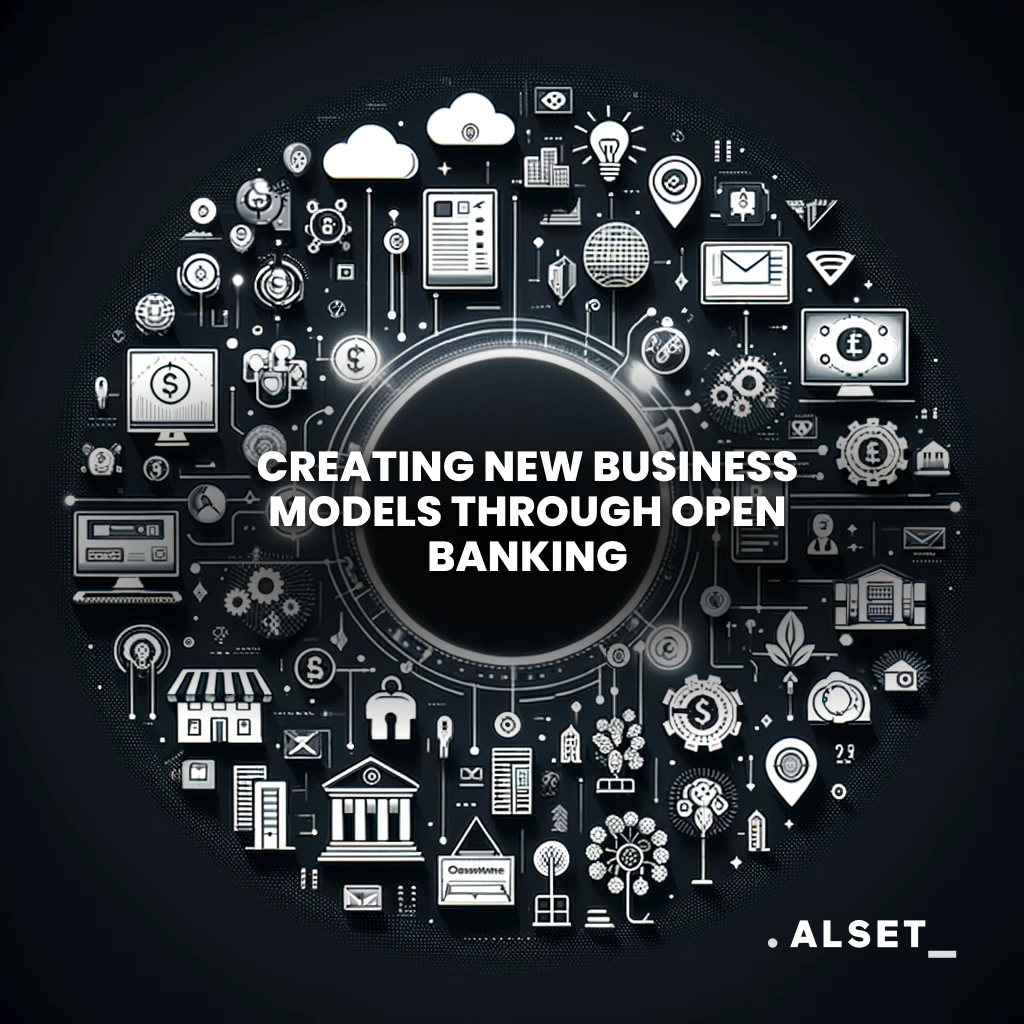
Unleashing innovation: Crafting new business models through open banking
The financial industry is undergoing a revolutionary transformation, and at the heart of this evolution lies the concept of open banking. Beyond just being a regulatory requirement, open banking has become a catalyst for innovation, enabling the creation of entirely new business models that are reshaping the landscape of finance. In this blog post, we’ll delve into how open banking is driving the creation of fresh business paradigms and revolutionizing the industry.
Understanding open banking: Beyond borders and barriers
Open banking breaks down the traditional barriers that confined financial institutions within their proprietary ecosystems. It empowers customers to securely share their financial data with authorized third-party providers through standardized APIs. This data-sharing mechanism lays the foundation for a collaborative financial ecosystem where startups, fintechs, and traditional banks can interact seamlessly.
Pioneering new business models: The power of open APIs
- Personal Financial Management (PFM) Platforms: Open banking enables PFM platforms to aggregate data from multiple accounts, providing users with a comprehensive view of their financial status. This information is the bedrock for budgeting, spending analysis, and personalized financial advice.
- Fintech Partnerships: Fintech companies can leverage open APIs to access customer financial data securely. This access fosters the development of innovative products and services, from lending and payments to investment and insurance.
- Marketplaces and Aggregators: Open banking lays the groundwork for financial marketplaces and aggregators. These platforms connect consumers with various financial offerings, creating a competitive environment that drives better deals and tailored solutions.
- Digital Identity Services: Open banking facilitates secure verification of an individual’s financial information, paving the way for digital identity services. This is invaluable for industries like e-commerce, where trust and security are paramount.
- Embedded Finance: Open banking enables the integration of financial services into non-financial platforms. From retail apps offering credit options to travel apps providing travel insurance, the possibilities are vast.
The Benefits and Challenges of the Paradigm Shift
While open banking offers unprecedented opportunities, it also presents challenges. Enhanced data security and privacy measures are vital to ensure consumer trust. Regulatory compliance remains crucial to prevent misuse of financial data.
The Future is Collaborative
The creation of new business models through open banking exemplifies the industry’s shift from competition to collaboration. The interconnectedness of financial services creates a more dynamic and consumer-centric market.
In conclusion, open banking is more than a technological advancement; it’s a catalyst for innovation. The evolution of business models is just the beginning. As the financial ecosystem continues to evolve, the fusion of technology and collaboration will redefine how consumers engage with financial services, shaping a future where innovation knows no bounds.